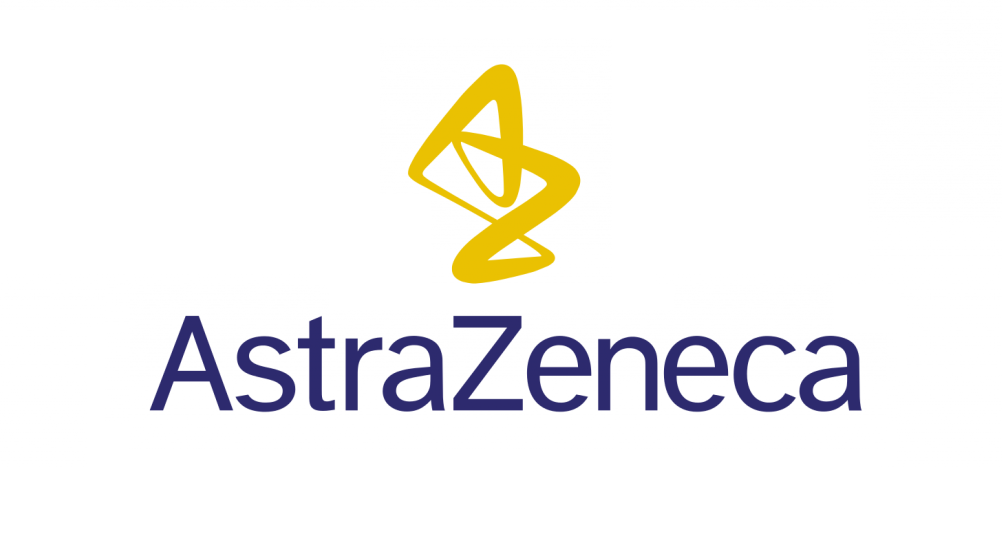INSTANT VIEW-AstraZeneca says its coronavirus vaccine can be around 90% effective
And we hope that sometime after Easter things will be able to start to get back to normal." He earlier told Sky News: "We've got 100 million doses on order and should all that go well, the bulk of the rollout will be in the new year." Hancock also said there was evidence in the report that the vaccine could reduce transmission of the disease.

AstraZeneca said on Monday its vaccine for the novel coronavirus could be around 90% effective without any serious side effects, but the success rate varied depending on the dose, prompting a sceptical reaction from markets.
Phase III trial results of the vaccine developed by Oxford University found it was 90% effective if administered at a half dose and then at a full dose, or 62% effective if administered in two full doses. Here are some reactions to the news:
BRITISH PRIME MINISTER BORIS JOHNSON "Incredibly exciting news the Oxford vaccine has proved so effective in trials," Johnson said on Twitter. "There are still further safety checks ahead, but these are fantastic results."
BRITISH HEALTH SECRETARY MATT HANCOCK "We hope to be able to start vaccinating next month," Hancock told BBC TV.
"The bulk of the vaccine rollout programme will be in January, February, March. And we hope that sometime after Easter things will be able to start to get back to normal." He earlier told Sky News: "We've got 100 million doses on order and should all that go well, the bulk of the rollout will be in the new year."
Hancock also said there was evidence in the report that the vaccine could reduce transmission of the disease. "Now of course that would be very good news if confirmed, because obviously what we want to do is not only stop people from getting the disease but also stop its transmission," he said.
PROFESSOR ANDREW POLLARD, DIRECTOR OF THE OXFORD VACCINE GROUP AND CHIEF INVESTIGATOR OF THE OXFORD VACCINE TRIAL "That 90% is an intriguing result. So when we give a half dose as the first dose (it) means that we've got more vaccine available. And then... after the second dose we see 90% protection," Pollard told BBC TV.
He said earlier: "We also have a vaccine that is going to be easy to distribute if stored at fridge temperatures, and we can get it to every corner in the world. It's already been manufactured in 10 different sites around the world to make sure that that can happen." HARGREAVES ANALYST SUSANNAH STREETER
"There was little...enthusiasm for AstraZeneca this morning, as the efficacy rates for its vaccine fell short of rivals," Hargreaves analyst Susannah Streeter said as the company's shares fell as much as 2% in early trade. PETER LIESE, EU LAWMAKER WITH THE EUROPEAN PEOPLE'S PARTY
"The efficacy seems to be lower than with BioNtech/Pfizer and Moderna but the vaccine still has advantages. AstraZeneca uses a well-known technology, namely a so-called vector vaccine. "Although I have great confidence in the projects of BioNTech/Pfizer and Moderna, it is nevertheless good that we also have a vaccine candidate that uses a different technique. It may be that the AstraZeneca vaccine is more suitable for certain groups of people and it would certainly be an alternative for people who do not accept the novel m-RNA vaccines. Another advantage is that the vaccine is significantly cheaper than BioNTech/Pfizer and Moderna."
PASCAL SORIOT, CHIEF EXECUTIVE OFFICER, ASTRAZENECA "This vaccine’s efficacy and safety confirm that it will be highly effective against COVID-19 and will have an immediate impact on this public health emergency. Furthermore, the vaccine’s simple supply chain and our no-profit pledge and commitment to broad, equitable and timely access means it will be affordable and globally available supplying hundreds of millions of doses on approval."
PETER HORBY, PROFESSOR OF EMERGING INFECTIOUS DISEASES AND GLOBAL HEALTH, UNIVERSITY OF OXFORD: "The reported efficacy of 70% is an interim measure and as more data accrue we will get a better idea of the protection it affords. Importantly, from what we have heard the vaccine seems to prevent infection not just disease. This is important as the vaccine could reduce the spread of the virus as well as protect the vulnerable from severe disease.
The Oxford vaccine can be stored in the fridge, as opposed to the freezer like the other two vaccines, which means it is a more practical solution for use worldwide.” MICHAEL HEAD, SENIOR RESEARCH FELLOW IN GLOBAL HEALTH, UNIVERSITY OF SOUTHAMPTON
"These results are intriguing, with two different estimates of efficacy depending upon the dose used with the vaccine. "These are provisional results that have not been peer-reviewed and the study is ongoing, so as with the other recent announcements from Pfizer and Moderna, we should be a little cautious about these findings. It’s not yet fully clear why a half dose and then a full dose was potentially more protective but if the final results continue to show this pattern of around 90% effectiveness, this would allow greater vaccine supply not just in the UK but also globally."
DANNY ALTMANN, PROFESSOR OF IMMUNOLOGY, IMPERIAL COLLEGE, LONDON "I think it is a real fool's errand to start trying to pick these three (Pfizer/Moderna/Astra) apart on the basis of snippets of phase 3 data from press releases. For the bigger picture, my suspicion is that by the time we are a year down the line, we'll be using all three vaccines with about 90% protection - and we'll be a lot happier."
(This story has not been edited by Devdiscourse staff and is auto-generated from a syndicated feed.)
- READ MORE ON:
- MATT HANCOCK
- Johnson
- BORIS JOHNSON










